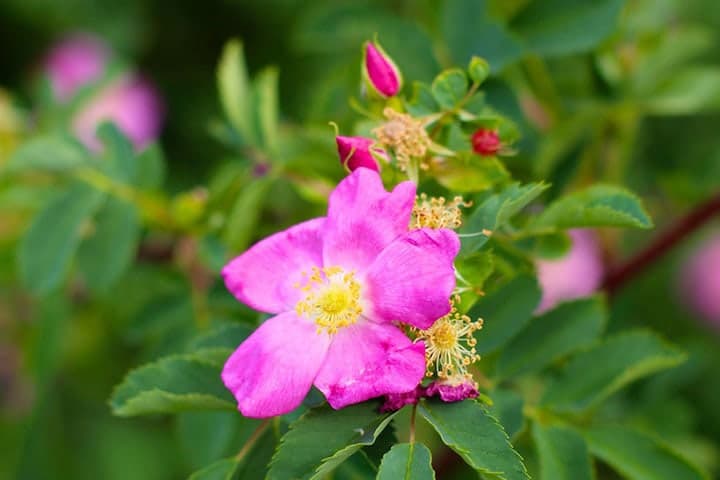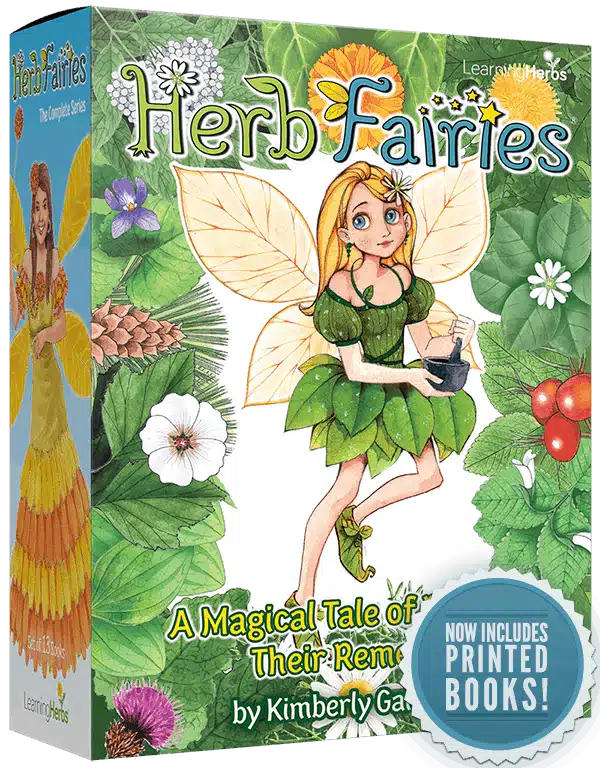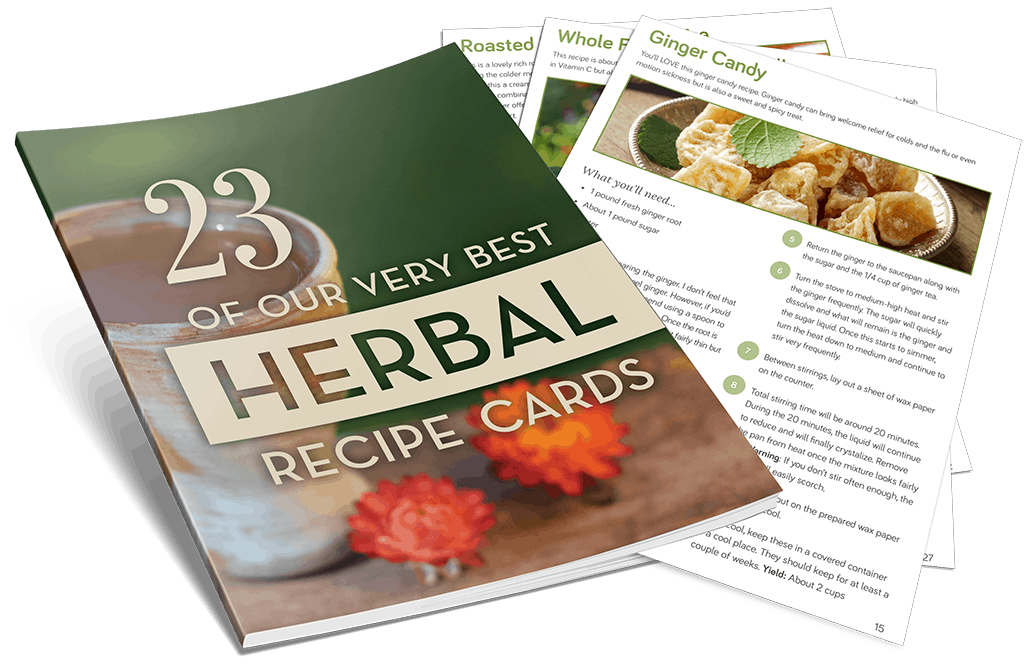
If there were a flower popularity contest, my guess is that roses would win. Their scent, their physical beauty, and their medicine fluidly address our physical and emotional health, making it a wonderful medicine for our whole heart.
Roses for Your Physical Heart
Roses have a positive effect on the physical heart. In one study people were given 40 grams of rose hip powder daily for six weeks. At the end of the six weeks, there was a significant improvement in blood pressure and plasma cholesterol in the people taking the rose hip powder as compared with the control group.1
Researchers wanted to investigate the physiological effect of rose oil on humans by applying it on the skin. Those receiving the rose oil had decreases in breathing rate, blood oxygen saturation, and systolic blood pressure, which indicated there was an overall decrease of autonomic nervous system arousal. They also self-rated themselves as being more calm and relaxed than those in the control group.2 This study is a wonderful example of the rose’s effect on multiple dimensions of health.
 Roses for Your Emotional Heart
Roses for Your Emotional Heart
Besides being a symbolic gift of the heart, roses can be used to gladden the heart. They are commonly used for mending a broken heart and supporting someone going through grief, sadness, and depression. Herbalist David Winston recommends a tincture of rose petals in combination with hawthorn leaves and mimosa bark for grief and post-traumatic stress syndrome.3
Furthermore, a four-week study that looked at the combination of rose oil and lavender essential oil for women at high risk for postpartum depression found that those receiving the aromatherapy treatments had significant improvements in both anxiety and depression without any adverse effects.4
 What Types of Roses to Use
What Types of Roses to Use
When choosing roses for your health, look for aromatic wild roses as your best source. If you don’t have access to wild roses, then domesticated roses could be used, although there are a couple of considerations.
Only use roses that you know have not been sprayed with pesticides. Never use roses from florists, since these are almost always sprayed. (Besides wanting to avoid consuming roses that have been sprayed, you also might consider avoiding even handling them in a decorative bouquet.)
Second, I recommend using rose petals from flowers that are aromatic. If your roses don’t have any scent, then look for another source.
 Rosebud Tea
Rosebud Tea
This rosebud tea is a lovely way to enjoy the sweet tastes of rose and lemon verbena and a great way to unwind at the end of your day. The cornflower (Centaurea cyanus) gives a slightly bitter and nuanced flavor; it can be omitted if you can’t easily find it.
What you’ll need…
- 2 heaping tablespoons dried rosebuds or petals (approximately 6 grams)
- 1 teaspoon dried lemon verbena
- 1 teaspoon dried cornflower (optional)
- honey, to taste (optional)
Bring 11/4 cups of water to a boil. Mix the herbs together and place them in a tea cup or large tea infuser. Avoid cramming the herbs into a small infuser; it’s better for them to have room to expand and move around.
Pour the just-boiled water over the herbs. Cover and steep for 7 to 10 minutes. Occasionally stir or dip the infuser while steeping. Strain.
Add honey if desired. Sip while warm.
Yield: 1 1/4 cup
Recipe from Alchemy of Herbs: Transform Everyday Ingredients into Foods and Remedies That Heal by Rosalee de la Forêt (Hay House, 2017)



 Roses for Your Emotional Heart
Roses for Your Emotional Heart What Types of Roses to Use
What Types of Roses to Use Rosebud Tea
Rosebud Tea






love your webinars. Been watching (sometimes trying lol) for a few years now. So happy about your book!
I’ve always loved your easy to follow instructions and the plethora of information you dispense. I am especially thankful that you cite the studies that support your information. Thank you so much for all you do. We eagerly anticipate the arrival of your book.
I look forward to trying this & the webinar looks like a lot of fun. Can’t wait to join in!